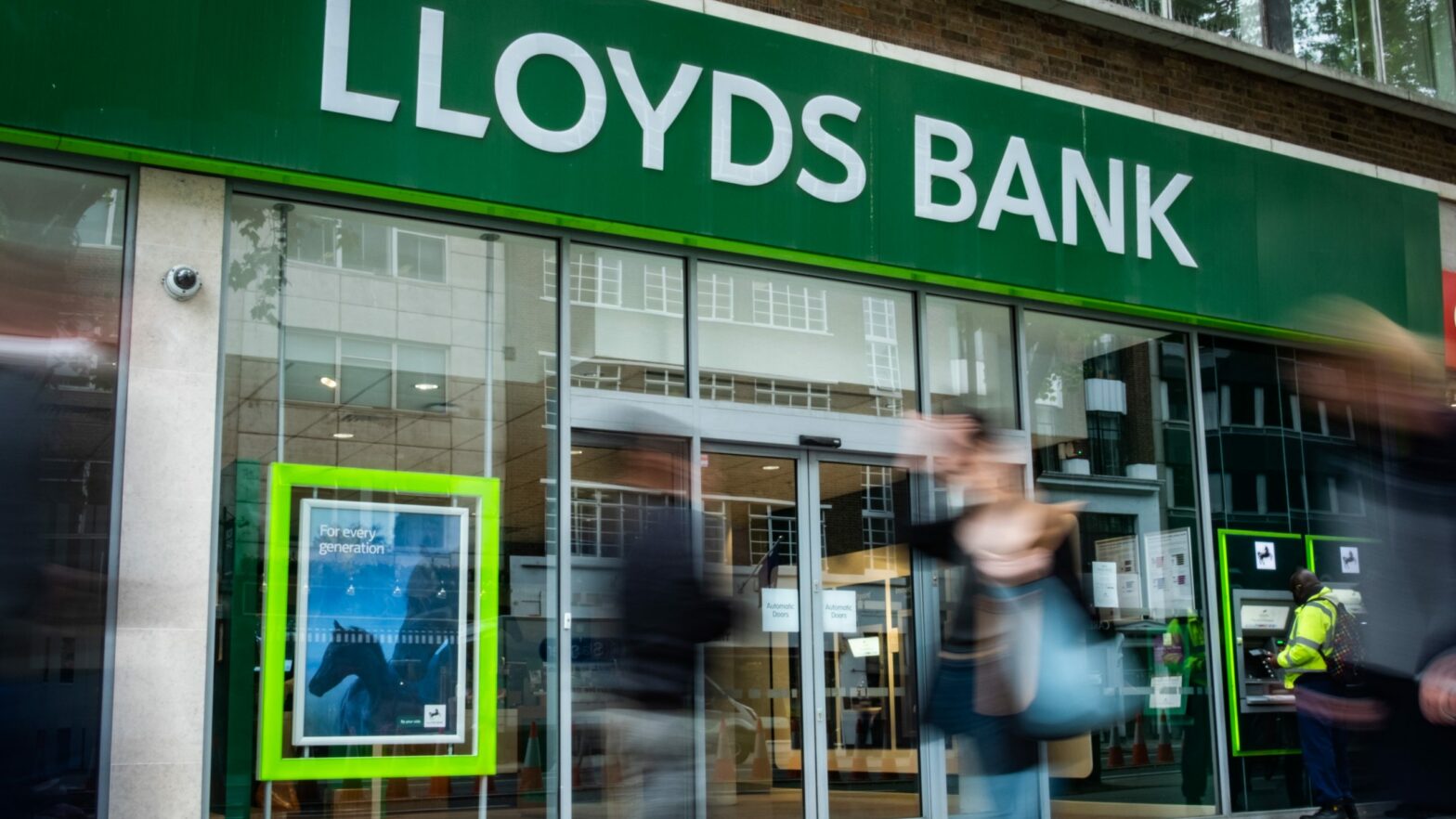Lord Blackwell, chairman of Lloyds Banking Group, has suggested the government could end up owning equity in thousands of small businesses.
The Lloyds chairman thinks the government would be better off converting loans it is already guaranteeing into equity stakes in small businesses if loans go bad.
Banks and the government would need to work together to “think about how we transform some of that debt that they’ve accumulated into some other kind of security”, he said.
The Bounce Back Loans scheme, which launched on Monday, May 4, lent over £2bn to more than 69,000 small businesses within its first 24 hours.
The parallel Coronavirus Business Interruption Loan Scheme (CBILS) has lent £5.5bn to 33,812 businesses since its launch on March 23.
Lord Blackwell, 67, told an online seminar organised by City & Financial Global that debts could be converted into equity or an equity-type of security.
Viable businesses
Government and banks “do need to think about what will be required to recapitalise some of those businesses to ensure that they are viable going forward and otherwise viable businesses aren’t forced into insolvency or liquidation”, he said.
Devising a solution “needs working through urgently so that we can give businesses some idea of how they will emerge out of the end of the tunnel”, he said.
Banks are required to go after small businesses that fail to repay their loans, either through the Bounce Back Loans or the Coronavirus Business Interruption Loan Scheme – an unenviable task given how knife-edge most small businesses are.
The Treasury has already mooted converting loans made through its £500m Future Fund for tech start-ups into equity if loans go unrepaid.
And back in 2017 chancellor Rishi Sunak floated the idea of packaging smaller SME loans into a larger portfolio that could be securitised (bundled together and then sold to investors) in a Retail Bond Exchange, giving everyday investors a fixed rate of return “and a stake in ‘Enterprise Britain’”.
However, Emma Jones of small business support network said it was hard to see how the government could manage this level of equity investment.
Jones said: “In our view, it’s very difficult to envisage how this might work. There are 5.9m SMEs in the UK and 96 per cent of them are micro firms and self-employed individuals.”
Last month Lord Blackwell joined a Recapitalisation Group organised by lobby group The City UK, a lobby group, exploring how to recapitalise businesses which have taken on debt.





